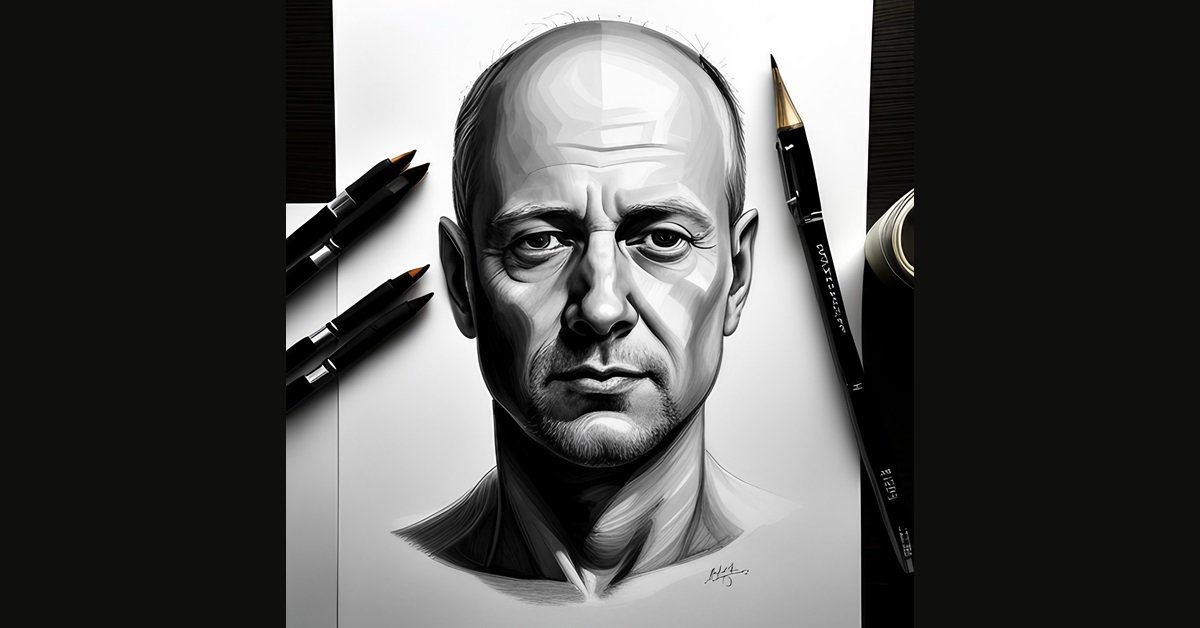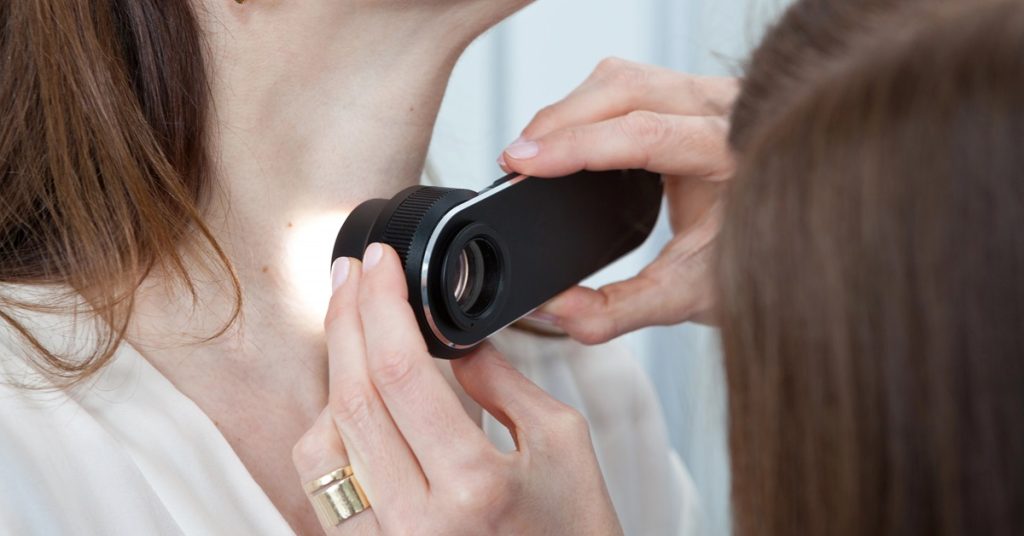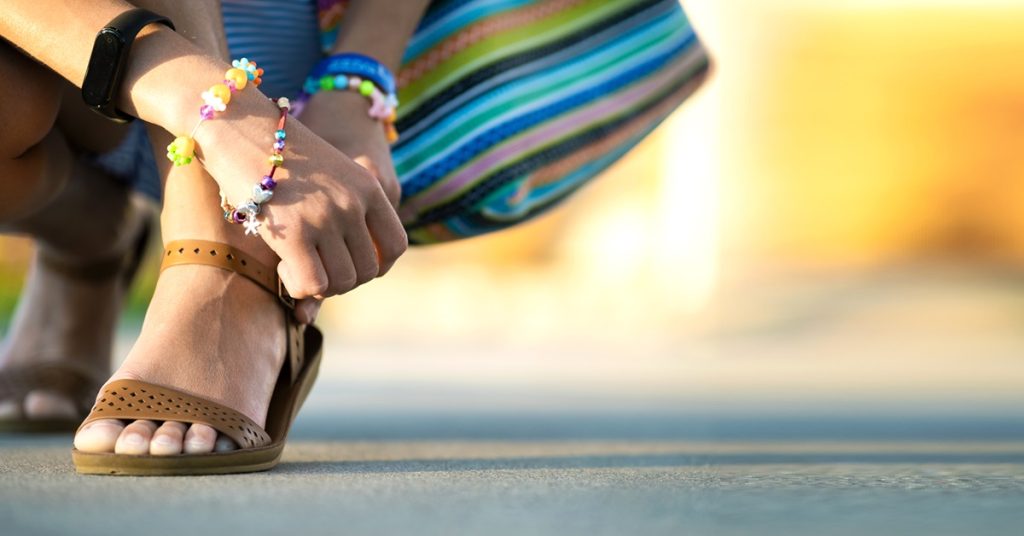Navigating the Emotional Challenges of Alopecia

Losing hair can be a deeply personal and emotional experience. For individuals grappling with alopecia, the emotional rollercoaster associated with this condition is often as challenging as the physical aspects. Hair is a symbolic facet of identity, and the prospect of losing it can be frightening and anxiety-inducing.
Understanding Alopecia
Alopecia is not merely a physical dermatological issue; it extends its reach to psychological realms, influencing self-esteem, body image, and mental well-being. While we know there are various types of alopecia, the emotional toll on individuals is a universal struggle that transcends pathophysiology.
Types of Alopecia
- Alopecia Areata: Identified by the sudden appearance of sharply defined, smooth patches on the scalp or other areas of the body, alopecia areata is an autoimmune disorder.
- Androgenetic Alopecia: Often referred to as male or female pattern baldness, this genetic condition results in gradual thinning of hair and is the most common cause of hair loss.
- Female Pattern Hair Loss (FPHL): Represented by a consistent reduction in hair volume or increased shedding, FPHL can be a distressing experience for women.
- Chronic Telogen Effluvium: Known for its sudden, noticeable hair shedding, chronic telogen effluvium is often linked to external stressors.
- Scarring Alopecia: This type of alopecia results from inflammatory skin conditions and can lead to permanent hair loss.
The Emotional Toll
Individuals with alopecia often report feelings of distress, embarrassment, and a diminished quality of life. The impact is not superficial; alopecia can lead to social phobias, depression, and a sometimes-crippling self-consciousness. The emotional connotations linked to alopecia highlight the need for a multidimensional approach to treatment.
Coping Strategies
While addressing the physical elements of alopecia through medical interventions is vital, managing the emotional side is equally critical. Implementing a variety of coping strategies can significantly improve an individual’s ability to deal with the emotional components of alopecia.
Seeking Support Groups
Connecting with others who share similar experiences can provide a sense of belonging and understanding that is crucial to combating the feelings of isolation often felt by alopecia sufferers. Local support groups, online forums, or social media communities can offer a safe space for individuals to share their journeys, offer and receive advice, and foster a supportive network.
Counseling and Therapy Options
Professional mental health services, such as counseling or therapy, can equip individuals with the tools to manage anxiety, depression, and self-esteem issues related to alopecia. Therapists specializing in body image or cognitive behavioral therapy (CBT) can help in reframing negative thought patterns and developing healthy coping mechanisms.
Self-Care Practices
Incorporating self-care practices into daily routines plays a pivotal role in maintaining emotional balance. Activities such as mindfulness meditation, yoga, exercise, and creative outlets can be therapeutic, reduce stress, and enhance overall mental wellness. Engaging in self-care pursuits reinforces the message of self-worth and self-compassion.
Educational Resources
Knowledge is power, and in the case of alopecia, understanding the condition and its management options can empower individuals to make informed decisions about their care.
Reliable Sources for Information
It’s essential to access credible information about alopecia from reputable sources, such as dermatological associations, scientific journals, and organizations dedicated to hair loss research. Verified data can lend a sense of control over the condition, reducing fear and uncertainty associated with the unknown.
Understanding Treatment Options
Awareness of the available treatment paths, including medications, therapies, and alopecia awareness events, can open up discussion with healthcare providers. Personalized treatment plans, tailored to each individual’s type and extent of alopecia, can offer hope and a tangible way forward.
Personal Stories
Real-life accounts from individuals who have navigated the emotional landscape of alopecia can be both inspiring and validating. Sharing personal narratives can normalize the emotional reactions to this condition, letting others know they are not alone and that it is possible to lead fulfilled lives despite alopecia.
We Can Help
The emotional challenges of alopecia are complex and multifaceted, but they are not insurmountable. Through the support of others, professional guidance, self-care, and the pursuit of knowledge, individuals can fortify themselves emotionally.
It’s imperative to remember that while alopecia may alter one’s external appearance, it does not define a person’s worth or beauty; true confidence and self-assurance come from within.
The board-certified dermatologists at DESSNA understand the sensitivity of hair loss and are dedicated to providing compassionate care and effective treatment options for alopecia. To take the next step in your alopecia journey, schedule a consultation with one of our dermatologists. We are here to support and guide you toward a path of confidence and self-acceptance.



